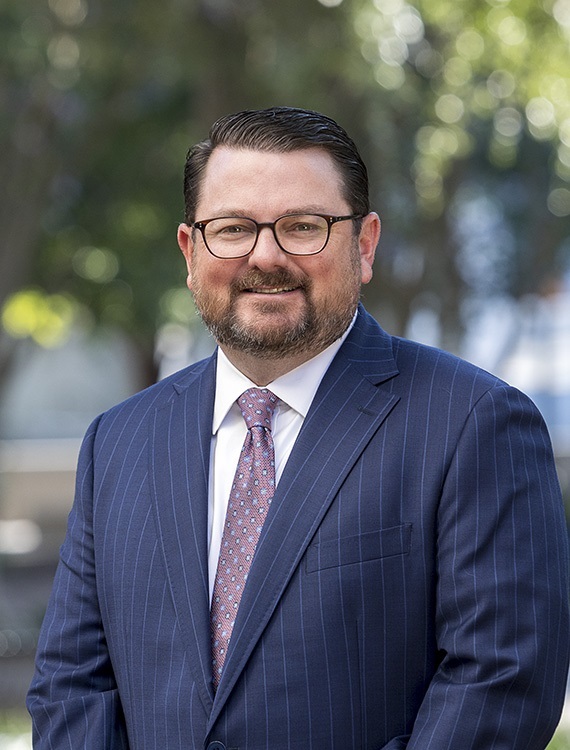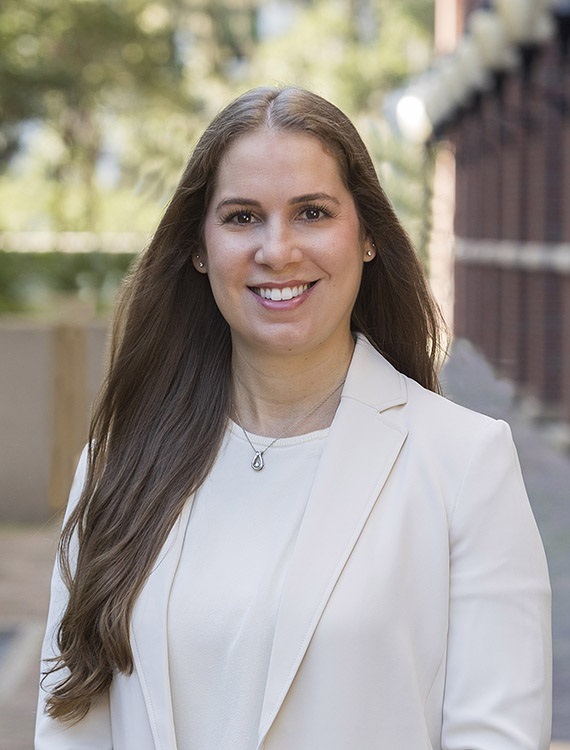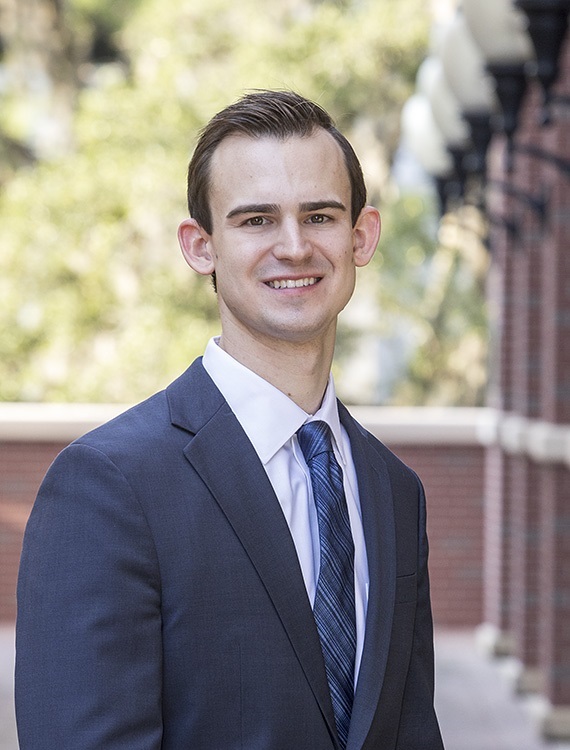Feds start discussion on more nuclear facilities in South Miami-Dade
Federal officials kicked off a discussion about more nuclear facilities in South Miami-Dade.
BY TANIA VALDEMORO
tvaldemoro@MiamiHerald.com
While two more nuclear reactors at Turkey Point would generate clean energy and create at least 800 permanent new jobs in the area, federal regulators Thursday night said the proposed facilities were not a done deal.
”If approved,” stressed Stephanie Coffin, branch chief for the division of new reactor licensing at the U.S. Nuclear Regulatory Commission. “This is not an automatic process.”
She and her colleagues from the Rockville, Md.-based federal agency, which regulates the construction and operation of nuclear reactors nationwide, spoke to more than 200 people at the Keys Gate Golf and Country Club, 2300 Southeast Palm Dr.
Florida Power & Light has proposed building two more nuclear reactors at its Turkey Point site within the next 12 years.
Bill Jefferson, the FPL site vice president at Turkey Point, said the reason behind the expansion is because “we need more energy, and more clean energy.”
The majority of FPL’s electricity is generated through natural gas power plants. Nuclear energy accounts for up to 20 percent of the utility’s energy mix, he said.
The U.S. Nuclear Regulatory Commission will decide whether to grant FPL a combined license for the new reactors. If it does, FPL will be allowed to build the reactors at Turkey Point. If not, the utility will have to rethink how it would meet the growing energy demands of residents.
The question on everyone’s mind Thursday is how two new nuclear reactors would affect their lives — from safety at the proposed nuclear power plants to storing nuclear waste to water sources. Residents also wanted to know the effect of the reactors on wildlife and vegetation at neighboring Biscayne National Park.
”We don’t know if these two new plants will be good or not,” Ana Maria Olalde, a Homestead resident, said.
FPL officials have repeatedly said their heavily-regulated nuclear operations are safe. They also said they would use 90 million gallons of reclaimed water from Miami-Dade for the proposed reactors. Still, many other questions about the proposed nuclear reactors were left unanswered.
That is partly a function of timing.
FPL and the U.S. Nuclear Regulatory Commission are at the beginning of a long process for evaluating whether more nuclear reactors should be constructed at Turkey Point. And they don’t have all the answers.
Currently, the site has two nuclear reactors, Unit 3 built in 1972 and Unit 4 built in 1973, along with three units that use gas and oil to generate electricity.
Jefferson said it takes about 12 years to build a new nuclear power plant, in which the utility would spend at least five years obtaining federal, state and agency approvals.
During the construction phase, which could last four to five years, there would be 3,000 to 4,000 jobs created. When the facilities become operational, FPL would need at least 800 new employees to work there.
Chip Cameron, an NRC employee, who mediated the discussion, said the agency anticipated receiving FPL’s nuclear reactor application this June.
Residents, such as Maria Roberts, warned federal officials to take Turkey Point’s record of nuclear operations into account when considering FPL’s forthcoming application.
News reports have indicated lapses, including security guards sleeping on the job, substation accidents leading to shutdowns, reactor coolant leaks and stolen data.
”There is no way to judge what will happen in the future without looking at the past,” said Roberts, who lives in Homestead.
Coffin replied the commission “is watching what is happening at FPL.”
She added, “We do not make our decisions in a vacuum.”
The U.S. Nuclear Regulatory Commission will discuss the operations of Turkey Point at a meeting from 3 to 5 p.m. Tuesday at Homestead City Hall, 790 N. Homestead Blvd.












